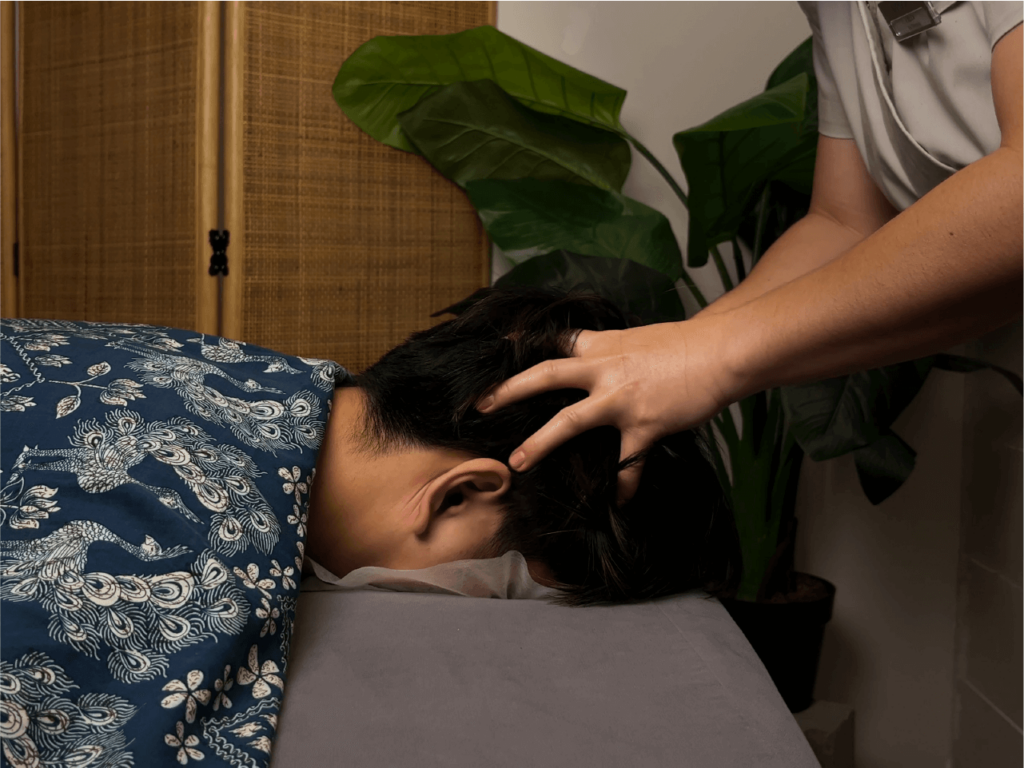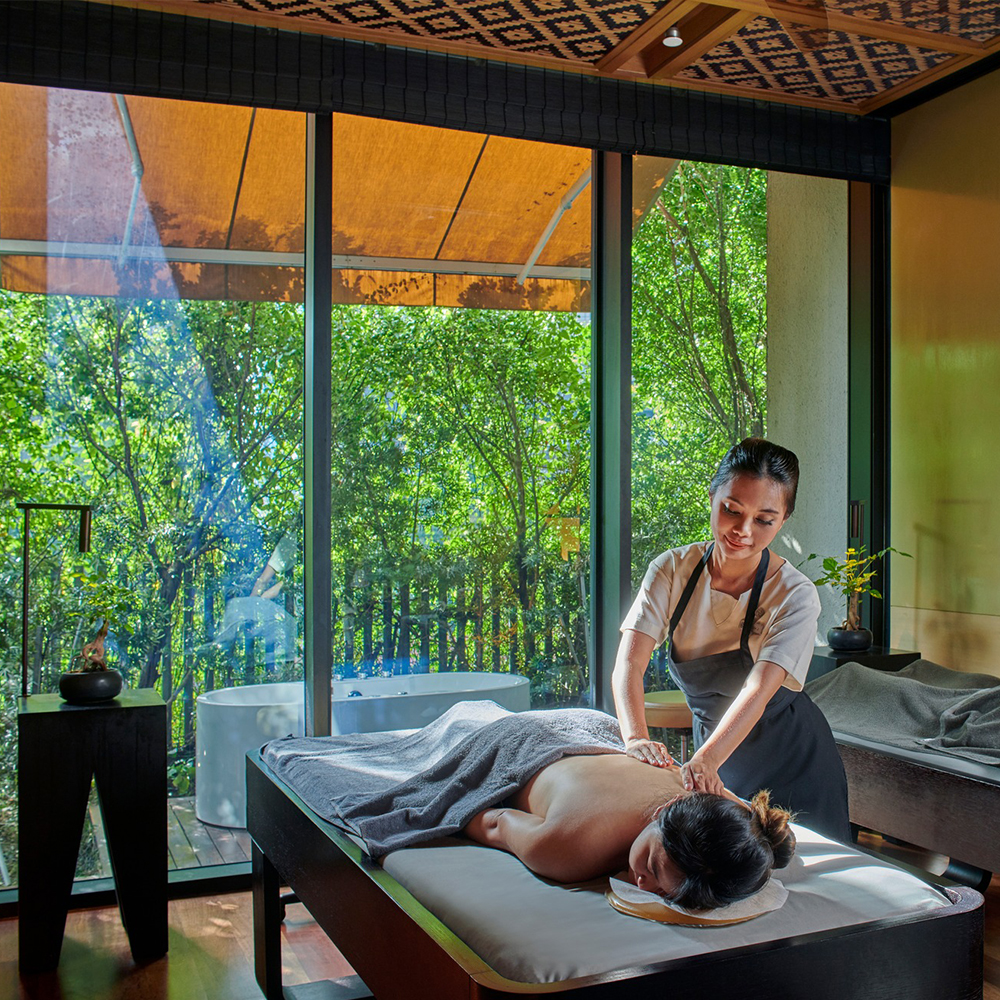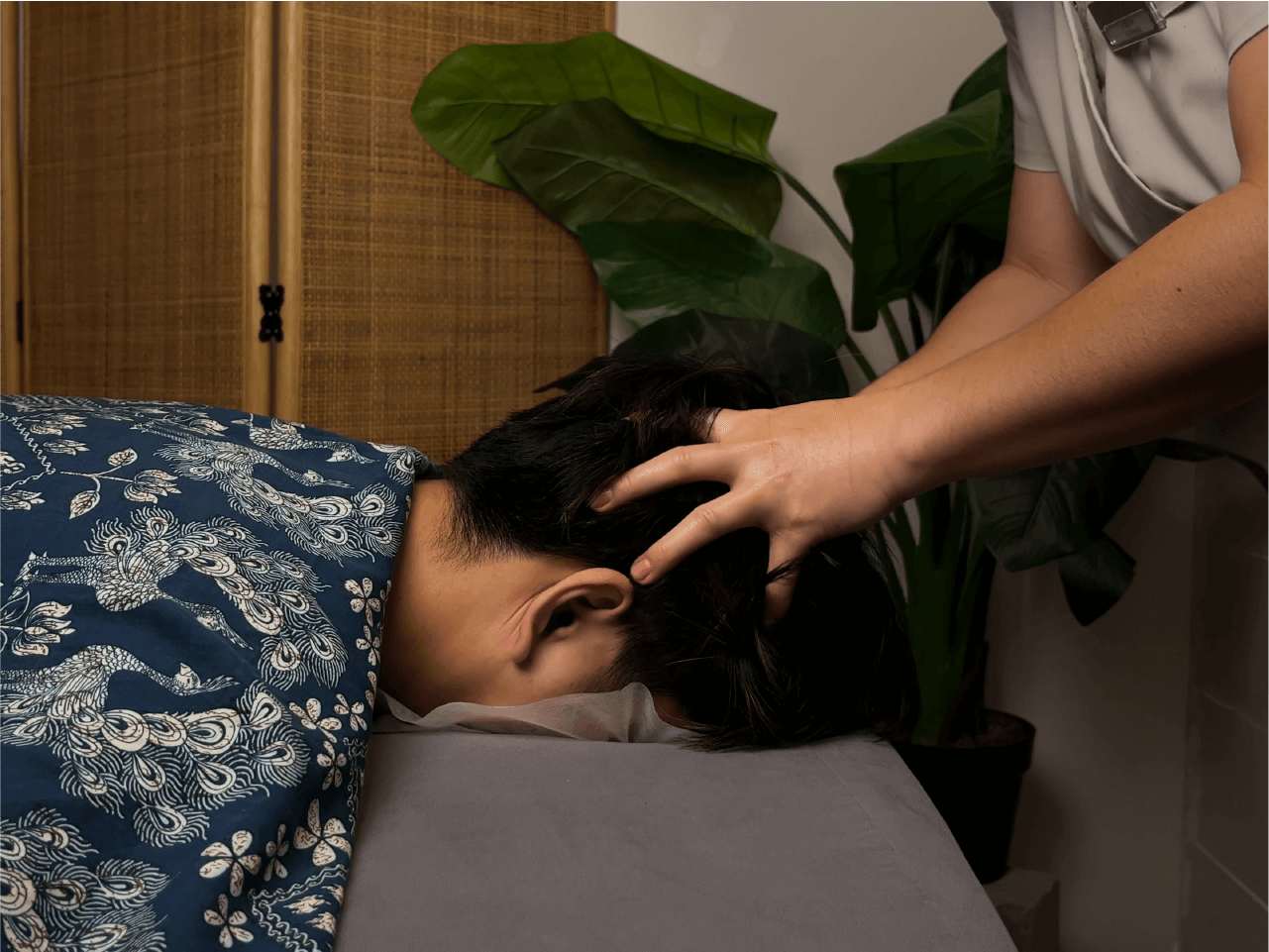Massage therapy is an ancient practice that continues to thrive as one of the most effective and accessible methods for promoting physical and emotional well-being. Originating in diverse cultures across the globe, massages have evolved to include a wide range of techniques and approaches that cater to varying needs. Today, massage therapy is recognized not only as a luxurious indulgence but also as a legitimate treatment for a host of physical and psychological conditions. Whether it’s relieving muscle pain, reducing stress, or improving circulation, massages offer a holistic approach to health and healing. This powerful practice has become an integral part of modern wellness routines, offering countless benefits to those who embrace it.
One of the most notable benefits of massage therapy is its ability to relieve physical pain and tension. Techniques such as Swedish massage, deep tissue massage, and trigger point therapy are specifically designed to target problem areas in the body. By manipulating the muscles and soft tissues, these methods reduce stiffness, improve flexibility, and alleviate chronic pain conditions. Athletes often rely on sports massages to recover from injuries or enhance performance by loosening tight muscles and improving blood flow. For those who experience everyday discomfort, whether from poor posture or overexertion, regular massages can restore balance to the body and improve overall mobility. The healing power of touch goes beyond temporary relief, often providing long-term solutions to persistent pain.
Massages also have profound effects on mental health, serving as a natural antidote to stress and anxiety. The rhythmic and calming nature of a massage session triggers the body’s relaxation response, reducing the production of cortisol—the hormone associated with stress. At the same time, massages promote the release of endorphins and serotonin, chemicals that enhance mood and create feelings of happiness and well-being. Techniques such as aromatherapy massage and reflexology further amplify these effects, combining soothing touch with sensory elements like essential oils or pressure point stimulation. Many individuals find that massages not only help them manage the demands of daily life but also foster a deeper sense of mindfulness and mental clarity.
In addition to its stress-relieving properties, massage therapy is known for its ability to boost the immune system. Regular massages stimulate the lymphatic system, which plays a key role in removing toxins and waste from the body. By improving lymphatic circulation, massages support the immune system’s ability to fight off infections and maintain optimal health. Studies have shown that massages increase the activity of natural killer cells and lymphocytes, which are vital components of the immune response. This makes massage therapy especially valuable during times of heightened stress or when recovering from illness. Incorporating massages into a wellness routine can help fortify the body’s defenses while promoting overall vitality.

Another area where b2b kl massages excel is in enhancing circulation and cardiovascular health. By stimulating blood flow, massage therapy ensures that oxygen and nutrients are delivered more efficiently to tissues and organs. Improved circulation not only accelerates recovery from injuries but also reduces inflammation and swelling in the body. Techniques like hot stone massage or Thai massage are particularly effective in promoting better blood flow and reducing muscle tension. Additionally, the relaxation induced by a massage session can lower blood pressure, further supporting heart health. For those seeking a non-invasive way to enhance their physical well-being, massages offer a simple yet powerful solution.
The versatility of massage therapy is one of its greatest strengths, with techniques available to suit every need and preference. From the gentle, flowing movements of a Swedish massage to the focused, deep pressure of a shiatsu session, there is a style for everyone. Prenatal massages provide comfort and relief to expectant mothers, while sports massages cater to athletes seeking recovery and performance enhancement. Even specialized treatments like myofascial release and craniosacral therapy address specific health concerns with precision and care. This diversity ensures that massage therapy remains inclusive and adaptable, accommodating the unique requirements of individuals across all walks of life.
Massages are far more than a luxury—they are a cornerstone of physical and mental well-being. Their ability to alleviate pain, reduce stress, improve circulation, and strengthen the immune system makes them an invaluable tool in holistic health care. Whether for relaxation, recovery, or rehabilitation, massages offer a personalized and effective approach to healing that resonates with people of all ages and backgrounds. As awareness of their benefits continues to grow, massage therapy is becoming an essential part of self-care and wellness routines worldwide. For those seeking a natural way to enhance their quality of life, massages provide a pathway to rejuvenation, balance, and lasting health.

